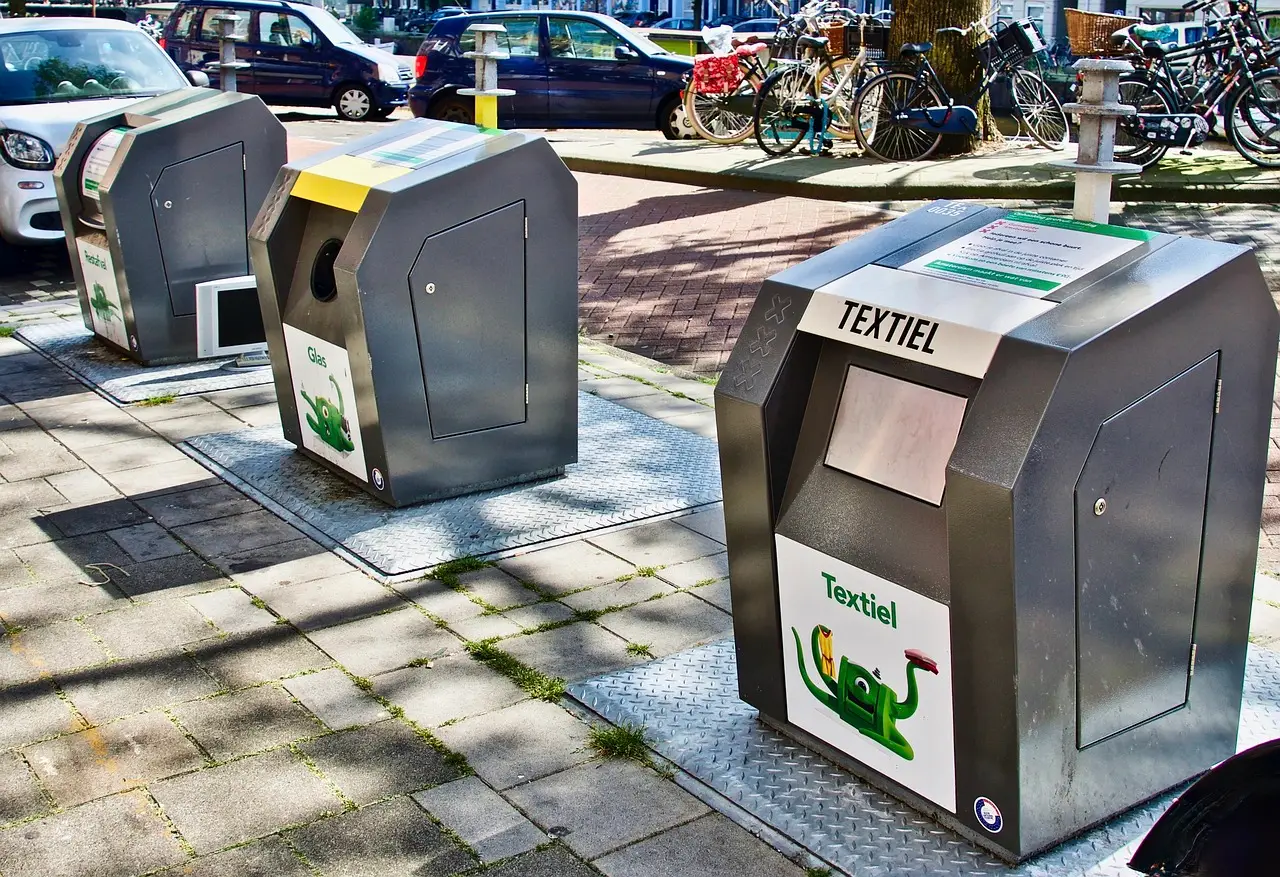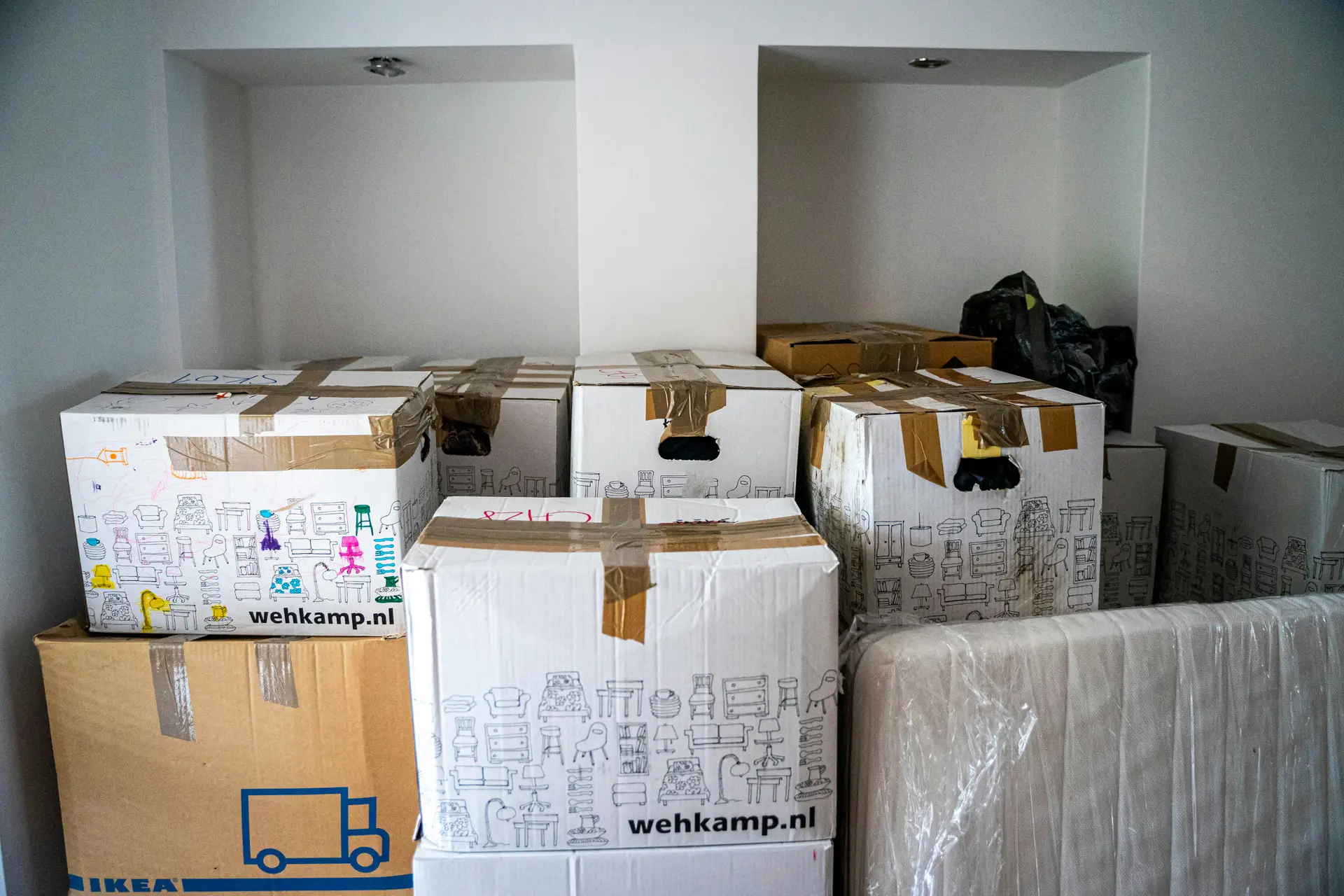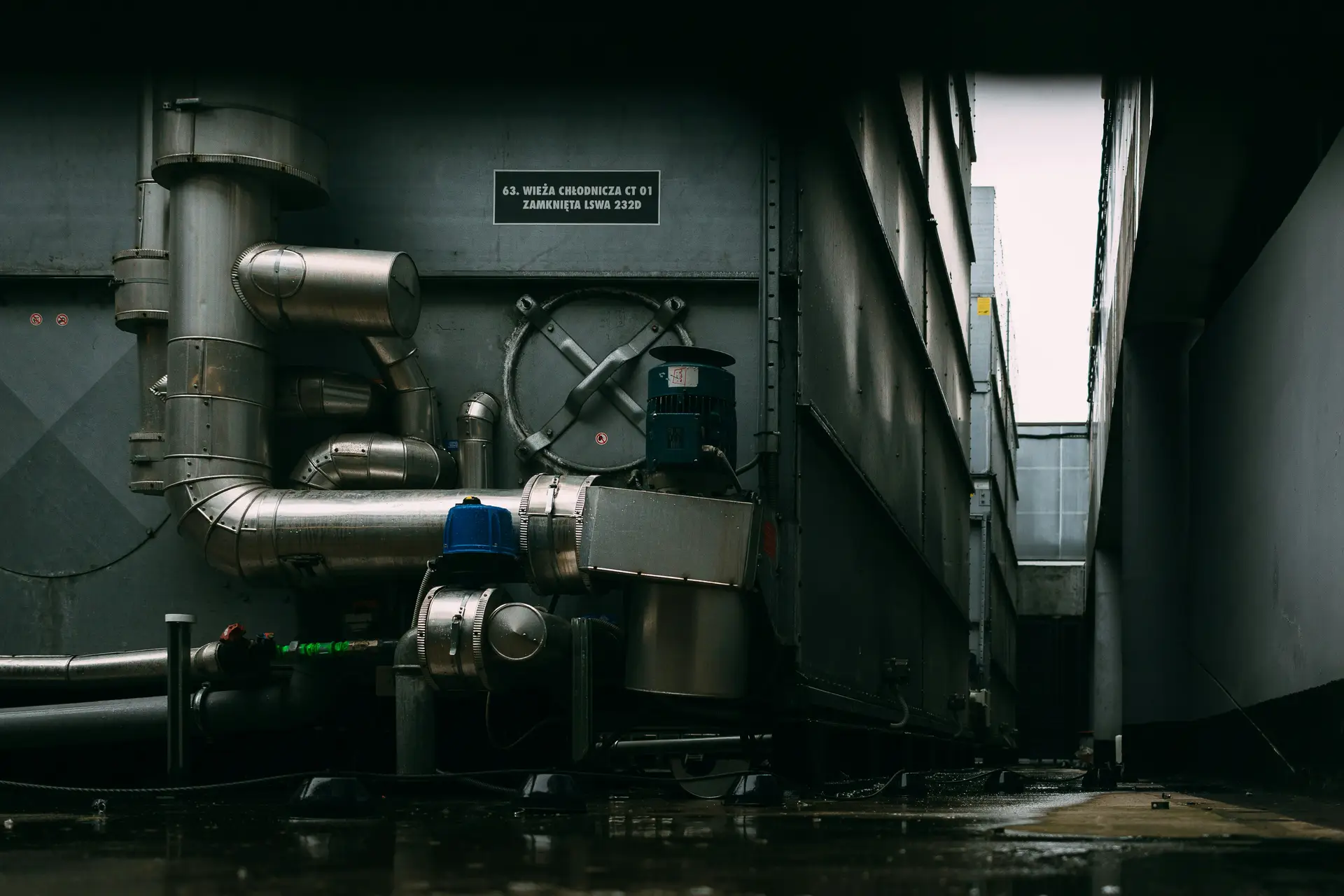Strategies for securing the best scrap hire price for your project
Negotiating the best scrap hire price is a critical aspect of managing project costs effectively. With scrap hire services being fundamental across various sectors—ranging from construction to home renovations—understanding how to navigate pricing can result in significant savings. The term "scrap hire price" holds particular relevance for those looking to optimize expenditures while ensuring they have the necessary materials for their projects.
Understanding the dynamics of scrap hire pricing
What is scrap hire?
Scrap hire refers to the rental of second-hand materials, typically sourced from deconstruction sites or specialized recycling centers. These materials can include metals, wood, plastics, and other reusable items that can help minimize waste while providing significant cost savings for projects.
Factors influencing scrap hire prices
Several elements contribute to determining the scrap hire price, including:
- Material type and availability: Different materials command various prices based on market demand and availability.
- Duration of hire and project scale: Longer hire periods and larger quantities may lead to a decrease in price flexibility.
- Condition and quality: Well-maintained scrap materials come at a premium, while less reliable options can be cheaper but may pose risks.
- Additional services: Enhanced services such as delivery and pick-up can influence the overall cost.

Preparing for effective negotiation
Researching market rates
A successful negotiation begins with thorough research into local scrap hire prices. Understanding the average costs in your area equips you with the knowledge necessary to spot a good deal. Resources like BK Ltd Prices can provide insights into competitive pricing, enabling better decision-making.
Establishing your budget
Setting a clear budget for the scrap hire price is essential. It is advisable to identify how much flexibility exists for negotiation without compromising project viability.
Understanding project requirements
Careful assessment of both the quantity and type of scrap materials required can prevent misunderstandings. Misjudging material needs can lead to budget overruns, making it crucial to have a clear picture before entering negotiations.
Mastering effective negotiation techniques
Building relationships with suppliers
Forming solid relationships with suppliers can be highly beneficial. Rapport fosters trust and can lead to more favorable negotiations. Open communication is key to understanding supplier perspectives and can sometimes yield additional discounts or offers.
Timing your negotiation for impact
Timing can significantly influence the outcome of negotiation discussions. Knowing when to approach suppliers can impact the scrap hire price due to seasonal fluctuations in demand. For instance, during off-peak seasons, suppliers may be more open to negotiations.
Offering value in return
Engaging in a negotiation isn't just about price; offering perceived value to suppliers can be advantageous. This could include committing to regular business or providing referrals, which can enhance your leverage during price discussions. Creative offers like long-term contracts might also appeal to suppliers looking for stability.

Navigating additional considerations
Understanding terms and conditions
Clarifying terms related to setup—such as deposits, cancellation fees, and logistics for delivery and pick-up—is crucial. Ensuring that all parties are on the same page can mitigate disputes later on.
Assessing hidden costs
While focusing on the scrap hire price is important, project planners should also consider potential hidden costs. Fees related to disposal or recycling can accumulate, so understanding the full financial picture is essential.
Using contracts to your advantage
Drafting a written agreement can protect your interests. A contract should clearly outline all pertinent details regarding pricing and terms, which is pivotal in stabilizing expectations between both parties.
Finalizing options and making the decision
Comparing offers for informed choices
To make an informed decision, creating a side-by-side comparison of various offers is advisable. Look beyond the scrap hire price to evaluate added value, service quality, and supplier reliability.
Making the decisive choice
Weigh the pros and cons of the best offers to make the most strategic choice for your project. Final decisions shouldn’t be rushed; they should consider long-term implications and potential future relationships with suppliers.
By applying these strategies and fostering lasting relationships with suppliers, project managers can achieve better cost management and increased operational efficiency. Effective negotiation is not merely about the best price but also about establishing partnerships that can be beneficial in the long run. Leveraging these approaches can lead to expertly negotiated scrap hire rates, ensuring success for future projects.











